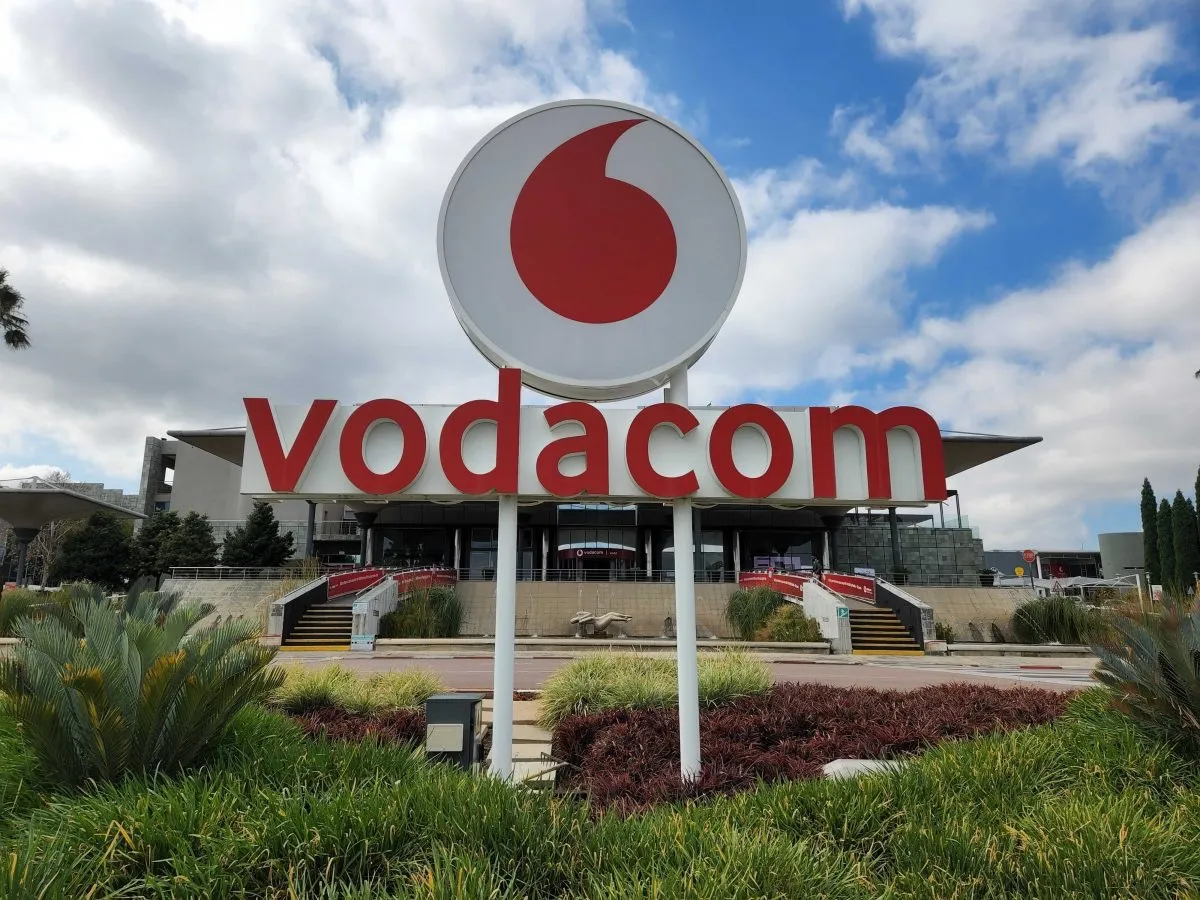Vodacom and South African tech entrepreneur Nkosana Makate, who came up with the idea for “Please Call Me,” will go to court again, even though Makate recently won in the Supreme Court of Appeal of South Africa (SCA).
Makate wanted to have the $2.5 million (R47 million) pay deal from the company looked over again.
The SCA decided the other day that Makate should get between 5% and 7.5% of all the money from the idea, plus interest. That money is made over 18 years, from 2001 to 2019.
Read also: SA Vodacom CEO William Mzimba resigns
VODAFONE’s appeal failed
According to the court, Vodacom’s appeal against a previous High Court ruling that said the telco had not paid Makate enough was denied.
The idea behind Please Call Me is that a user with no airtime can text another member, who will call the receiver back.
Makate has maintained that Vodacom owes him $542 million (R10.2 billion), not including interest accumulation or legal fees since the 2016 Constitutional Court decision.
In 2016, the Constitutional Court told both sides to make an effort to negotiate honestly to agree on fair pay.
For years, Makate has said that his talks with Vodacom “have been anything but fair,” he wants the cell company to show him all the money that the “Please Call Me” idea has brought in.
Between 2001 and 2020, Makate’s legal team estimated that Please Call Me brought in R205bn in call revenue for Vodacom, excluding, among other things, advertising revenue related to the innovation.
That the fight is still going on, Vodacom told its shareholders today that it “will bring an application for leave to appeal before the Constitutional Court of South Africa within the prescribed period.”
It was published that Makate had not responded to ITWeb Africa’s request for feedback.
About Vodacom
Vodacom Group Limited, which is also known as “Woudekom” in Afrikaans, is a South African mobile phone company that serves more than 130 million people across Africa with voice, messaging, data, and converged services.
The company Vodacom started in South Africa and now has networks in Tanzania, the Democratic Republic of the Congo, Mozambique, and Lesotho. It also serves businesses in over 32 African countries, including Nigeria, Zambia, Angola, Kenya, Ghana, Côte d’Ivoire, and Cameroon.
South African Telkom and British multinational operator Vodafone controlled it 50/50. Vodafone said on 6 November 2008 that it would expand its investment to 64.5%, while Telkom indicated it would list its remaining interest on the Johannesburg Stock Exchange.
Vodacom switched from blue to red on April 1, 2011, in line with its parent company, Vodafone.
Vodacom covered Mount Kilimanjaro, the highest point in the world covered by GSM until Axiata (via Ncell) covered Mount Everest. At the start of democratic South Africa, Vodacom’s positive ads, like the yebo gogo campaign, helped it. South Africa’s largest cellular network, Vodacom, has over 45 million users and a 40% market share. Over 103 million Africans use the company, which has a 58% market share.
















